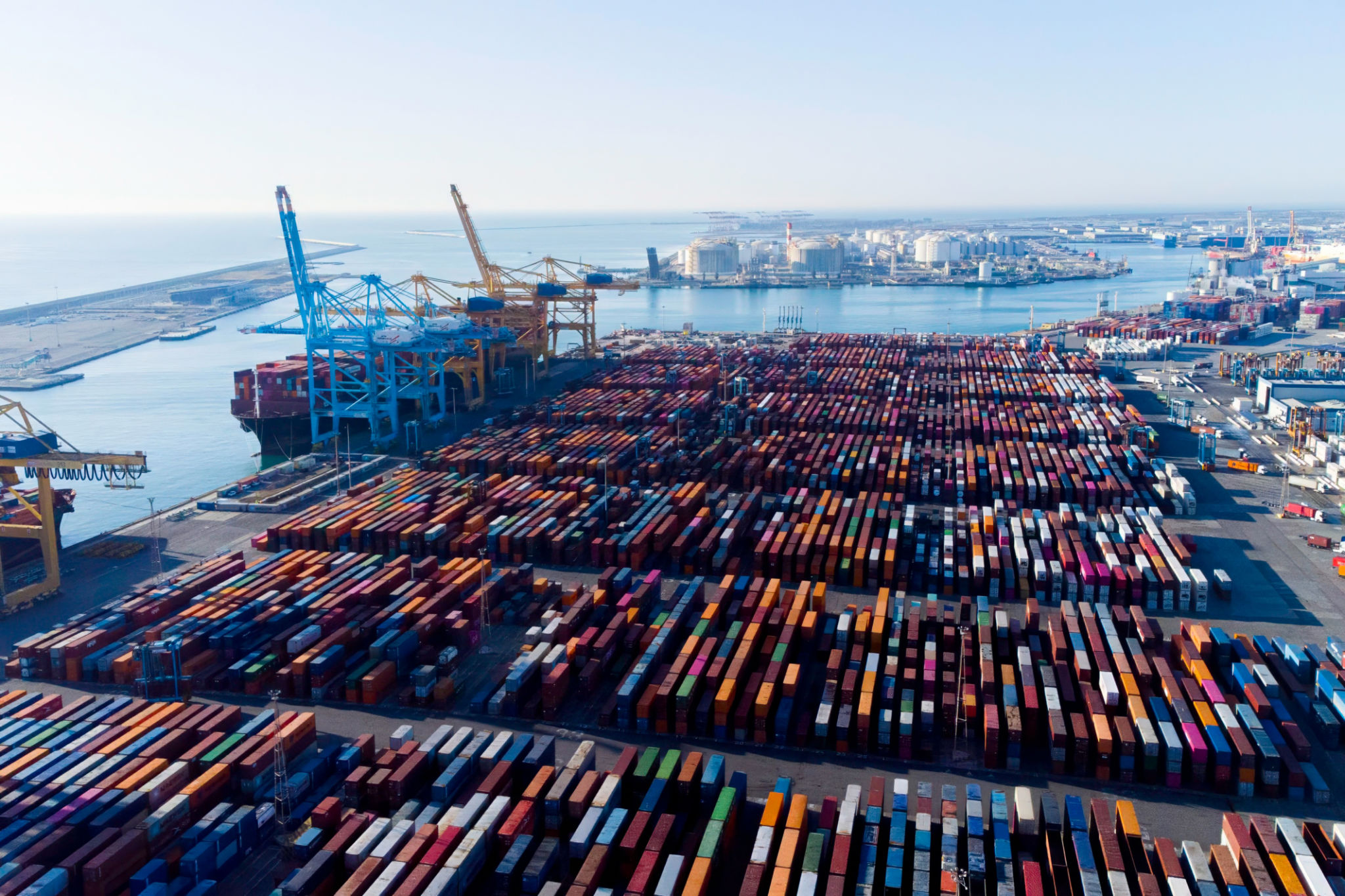The Role of AI in Sustainable Business Practices
Introduction to AI in Sustainable Practices
As businesses worldwide strive to become more sustainable, the integration of Artificial Intelligence (AI) offers promising solutions. AI technology can significantly enhance efficiency and reduce waste, aligning business goals with environmental responsibility. This dual benefit makes AI a vital component in the transition towards sustainable business practices.
AI's ability to process vast amounts of data quickly and accurately is particularly beneficial for industries looking to minimize their carbon footprint and optimize resource use. From predictive analytics to automation, AI is reshaping traditional business models to be more eco-friendly.

Optimizing Resource Management
One of the primary roles of AI in sustainability is improving resource management. AI systems can analyze consumption patterns and predict future needs, helping businesses manage resources more efficiently. This capability reduces waste and lowers costs, contributing to more sustainable operations.
For instance, AI-driven systems in agriculture can optimize water usage by predicting rainfall patterns and identifying the best times for irrigation. Similarly, in manufacturing, AI can streamline processes to conserve energy and reduce emissions.
Reducing Energy Consumption
AI technologies are also instrumental in reducing energy consumption across various sectors. By implementing smart grid systems, businesses can monitor and adjust their energy usage in real-time, leading to substantial reductions in energy waste.

Moreover, AI-powered energy management systems can forecast energy needs and optimize the operation of heating, ventilation, and air conditioning (HVAC) systems. This precision in energy management not only cuts down on power bills but also significantly decreases the environmental impact of businesses.
Enhancing Supply Chain Sustainability
The supply chain is another area where AI can drive sustainability. AI tools can provide insights into supply chain operations, identifying inefficiencies and suggesting improvements. This allows companies to reduce their environmental impact by minimizing excess inventory and optimizing logistics.
AI can also enhance transparency within the supply chain, providing stakeholders with detailed information about product origins and manufacturing processes. This transparency helps consumers make informed choices and encourages suppliers to adhere to sustainable practices.

Facilitating Waste Reduction
AI plays a crucial role in waste reduction by helping businesses identify waste generation points and develop strategies to mitigate them. Machine learning algorithms can analyze waste patterns and recommend process adjustments that lead to reduced waste production.
Additionally, AI can assist in recycling efforts by improving sorting processes. Advanced image recognition technology can categorize recyclables more efficiently than manual sorting, increasing the overall effectiveness of recycling programs.
The Future of AI in Sustainability
The ongoing development of AI technology promises even greater advancements in sustainable business practices. As AI becomes more sophisticated, its applications will continue to expand, offering innovative solutions to new environmental challenges.
Embracing AI not only positions businesses as leaders in sustainability but also enhances their competitiveness in a rapidly evolving market. By investing in AI-driven sustainability initiatives, companies can ensure long-term success while contributing positively to the planet.